#kernewek
Photo
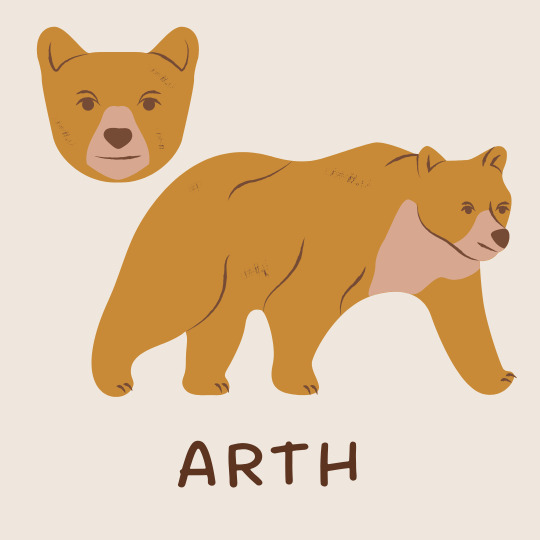

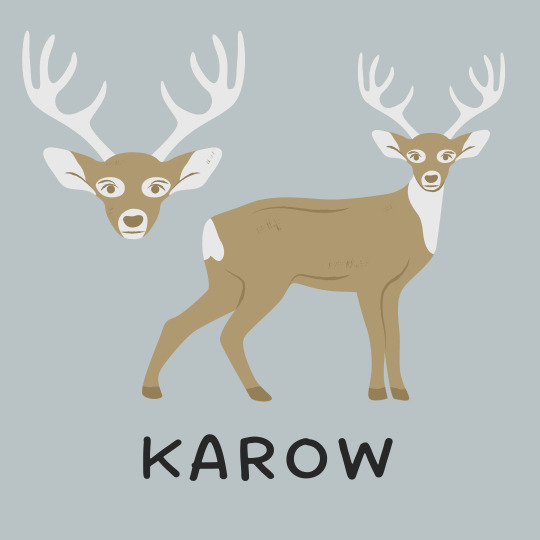

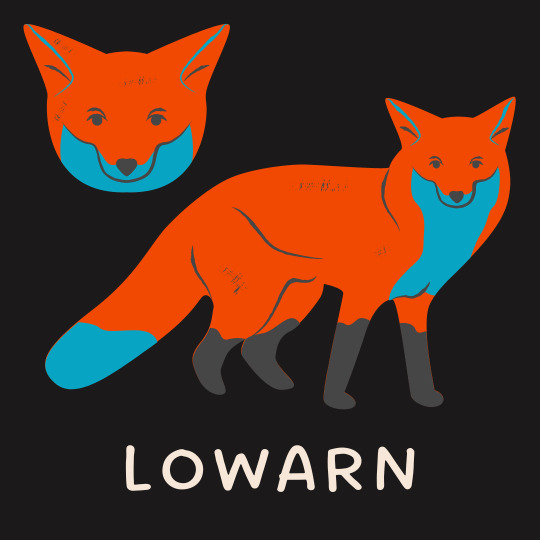
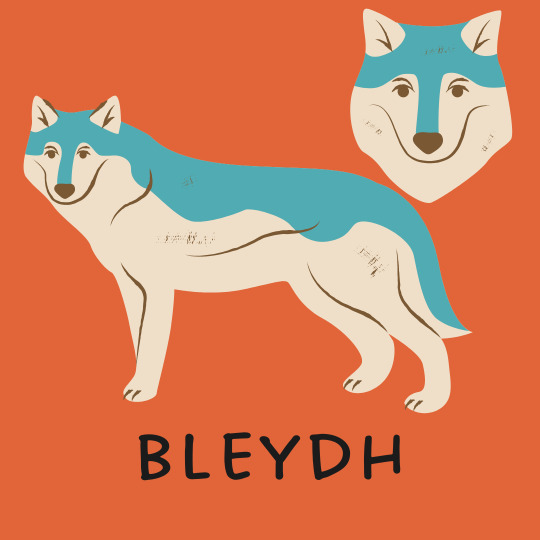
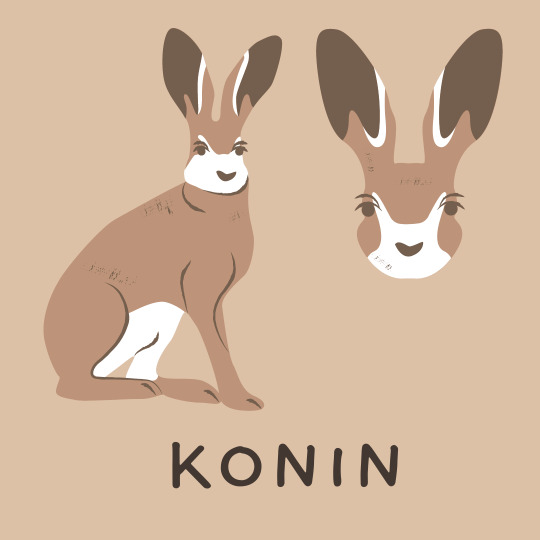
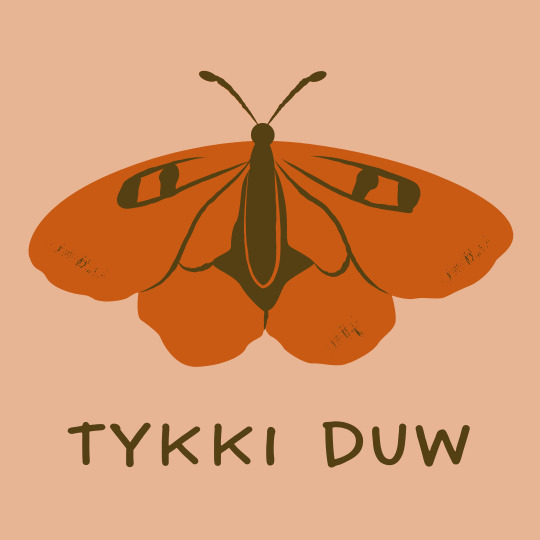
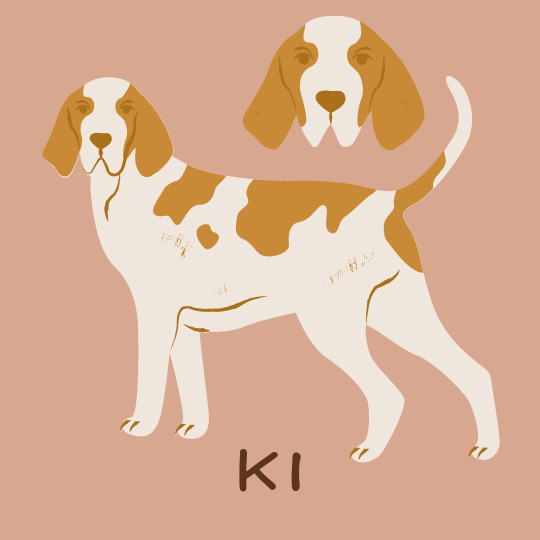
Bestys yn Kernewek “Beasties in Cornish”
#cornish#kernewek#kernowek#teangacha ceilteacha#mo fhoilseachán#languages#langblr#vocabulary#language tumblr#celtic languages
10K notes
·
View notes
Text
So, why do people care so much about Cornish identity? Cornwall’s just a part of England right? Another county with some distinct foods and a funny accent, and they moan about the tourists- when they should be grateful for the money.
Except it’s not.
Whilst the rest of England was forming with a character influenced by Germanic and Norse cultures, Cornwall was holding itself separate as an independent Celtic kingdom, with strong links with Wales, Ireland and Brittany- as well as trading with the wider Mediterranean. For a long time, this kingdom included parts of Devon, but eventually the Celtic people were forced back past the Tamar, and at some point started referring to the land as Kernow, rather than Dumnonia (probably).
Even after the Norman conquest, in part because Cornwall came under the control of the Duke of Brittany, Cornwall retained elements of its unique culture, and certainly its language. There are existing works of literature written in the Cornish language (also called Kernewek) during the medieval period. Due to the active tin mining industry and the Stannary courts, they even had a separate legal system.
All of this continued until the start of the Tudor period, when Henry VII, desperate for money for his wars with Scotland, suspended the operation of the Cornish Stannaries, and imposed greater taxes. This ultimately led to the Cornish Rebellion of 1497. An army of as many as 15000 rebels marched towards Somerset, and ultimately to London, where the rebels met with Henry VII’s armies. Unfortunately, the Cornish lost the ensuing battle, and the rebel leaders were captured, killed and quartered, with their quarters being displayed in Cornwall and Devon. From 1497 to 1508, Cornwall was punished with monetary penalties, impoverishing the people, and land was given to the king’s (English) allies.
However, this wasn’t the death of Cornish culture or dreams of independence from England. Until 1548, Glasney college was still producing literature in Cornish- when it was destroyed in the dissolution of the monasteries, during the English reformation. The following year, 1549, the Cornish rose again- this time to demand a prayer book in their own language, which was still the first (and often only) language of most people in the region. The rebellion was also about the ordinary people vs the landowners, as shown by their slogan “kill all the gentlemen”.
Unfortunately, this rebellion failed too, and this time, it wasn’t just the leaders who were killed, but up to 5,500 Cornishmen- which would have been a significant proportion of the adult male population at the time. These factors combined are widely thought to have contributed to the decline of the Cornish language- although it was still widely in use centuries later.
Despite the failings of these rebellions, the Cornish retained a distinct language and their own culture, folklore and festivals. Mining, farming and fishing meant that the region itself wasn’t economically impoverished, as it was today. Even towards the end of the 1700s, there were still people who spoke Cornish fluently as a first language (including Dolly Pentreath, who definitely wasn’t the last Cornish speaker).
However, over time, the tin mines became less profitable, and Cornwall’s economy started to suffer. Especially in the latter part of the 19th century, many Cornish began to emigrate, especially to places like Australia, New Zealand (or Aotearoa), Canada and South America. Cornish miners were skilled, and were able to send pay back home, and along with the Welsh, influenced culture and sport in many of these places. Many mining terms also have their roots in Cornish language and dialect.
Throughout the 20th Century, Cornwall went through an economic decline- to the point where, when the UK was an EU member, Cornwall was receiving funding intended for only the most deprived regions in Europe. It was one of very few places in the UK to receive this funding- due to the levels of poverty and lack of infrastructure.
Part of the decline was also linked to the decline of historic fish stocks, such as mackerel. In the 70s and 80s, there was a mackerel boom- and large fishing trawlers came from as far away as Scandinavia (as well as Scotland and the north of England) to fish in Cornish waters. The traditional way of fishing in Cornwall used small boats and line fishing. The local fishermen couldn’t compete, and ultimately stocks were decimated by the trawlers. Many more families had to give up their traditional way of life. One could draw parallels here with worldwide indigenous struggles over fishing rights.
Despite this, Cornish communities retained their traditional folklore and festivals, many of which are still celebrated to this day. And throughout the 20th Century, efforts were made to preserve the Cornish language. Although there may not be any first language Cornish speakers left, it is now believed that community knowledge of the language was never truly lost.
Cornwall has since become a popular tourist destination. This brings its own problems- many people want to stay in self-catering accommodation and, more recently, air bnbs. This, alongside second homes, has gutted many Cornish communities. The gap between house prices and average wages is one of the largest in the country. Land has become extremely expensive, which hurts already struggling farmers. Roads can’t cope with the level of traffic. The one (1) major hospital can’t cope with the population in the summer. All of last winter, most Cornish households faced a “hosepipe ban” due to lack of water- yet in the summer, campsites and hotels can fill their swimming pools and hot tubs for the benefit of tourists.
Does this benefit Cornwall? Only about 13% of Cornwall’s GDP comes from tourism. The jobs associated with tourism are often poorly paid and may only offer employment for part of the year. People who stay in Air BnBs may not spend that much money in the community, and the money they pay for accommodation often goes to landlords who live upcountry and aren’t Cornish. Many major hotels and caravan sites are also owned by companies that aren’t Cornish, taking money out of the local economy.
Match this with a housing crisis where it’s increasingly difficult to rent properties long term, and buying a flat or house in Cornwall is out of reach of someone on the average salary and it’s easy to see why people are having to leave communities where their family lived for generations. This damages the local culture, and means centuries-old traditions can come under threat.
All of this feeds into the current situation; it feels like middle class families from London see Cornwall as their playground, and moan about tractors on the road, or the lack of services when they visit. People talk about theme park Cornwall- a place that’s built for entertainment of outsiders, not functionality for those who live here. More widely, a lot of people around the UK have never heard of the Cornish language, or view it as something that’s “extinct” or not worth preserving.
The Cornish are one of Britain’s indigenous cultures, alongside Welsh, Gaelic, Scots, Manx and others. And it’s a culture that’s increasingly under threat economically and culturally. We’ve been clinging on to our homes for a long time, and even now it still feels like we might be forced from them (indeed some of us are). So yes, Cornish people can seem excessively defensive about our identity and our culture- but there’s good reason for it!
#uk politics#cornwall#cornish#kernow#kernewek#celtic languages#minority languages#minority cultures#Cornish history#cornish langblr
265 notes
·
View notes
Text
I now have polls and want to find out about language communities on tumblr!
I'm considering doing another with languages like Old Irish and Middle Welsh if any of that crowd see this to see what people have studied coz I'm nosy and sad that I'm not gonna be able to study them at uni and so learning bits of Old Irish through memrise and books lol
632 notes
·
View notes
Text
Does anyone have any song recommendations for songs in any of the six celtic languages?
#gaeilge#scots gaelic#welsh#welsh language#cornish#manx#breton#celtic nations#celtic languages#song recommendation#gàidhlig#gaelg#brezhoneg#kernewek
348 notes
·
View notes
Text
#langblr#celtic#celtic languages#welsh#irish#cornish#breton#cymraeg#gaeilge#gàidhlig#kernewek#breizh
47 notes
·
View notes
Text

28 notes
·
View notes
Text
Lists of Queer terms in various Celtic languages!
#celtic#gàidhlig#scottish gaelic#gaelic#welsh#cymraeg#irish gaelic#gaeilge#manx#gael#brezhoneg#breton#cornish#kernewek
203 notes
·
View notes
Text

⟡ y'n gwav ⟡
146 notes
·
View notes
Text
*also known as Kernewek, Kernowek
reblogs are extremely encouraged to increase sample size. regardless of what choice you picked, feel free to elaborate on your relationship with this language in the tags, and remember to be respectful and mindful when commenting!
17 notes
·
View notes
Text

CARWYNNEN (1948)
13 notes
·
View notes
Text
Cornish vocabulary - useful phrases
Mar pleg. Please.
Meur ras. Thank you.
Wolkom os ta. You’re welcome. (s)
Wolkom owgh hwi. You’re welcome. (pl)
Drog yw genev. I’m sorry.
Gav dhymm. Excuse me.
Pyth o henna? What was that?
Ny allav vy dha gonvedhes. I can’t understand you. (s)
Ny allav vy agas konvedhes. I can’t understand you. (pl)
Ny gewsav vy Sowsnek. I don’t speak English.
Harow! Help!
Bydh war! Watch out!
Na borth ahwer. Don’t worry.
3 notes
·
View notes
Text
𝐝𝐢𝐚 𝐝𝐡𝐮𝐢𝐭, 𝐡𝐚𝐢𝐠𝐡!
I’m looking for language blogs that post the following:
Any of the Celtic languages (bonus if it’s Gaeilge)
Any Minority/endangered/underrepresented languages!
I myself post/reblog mostly Gaeilge but also have Gàidhlig, Cymraeg, Kernewek and currently to a lesser extent Brezhoneg (but plan on posting more about it). I also have posts/resources of a variety of languages from Oceania
So if this applies to you please reblog or leave a reply and i will check out your blog!
**Edit: i just noticed i misspelled ‘dia dhuit’ as “dia huit” please ignore that lol
#langblr#irish#scottish#breton#welsh#endangered languages#minority languages#language tumblr#language learning#gaeilge#gaelg#gàidhlig#kernewek#kernowek#cymraeg#celtic languages#languages
125 notes
·
View notes
Text
TIL that in the Ordinalia (which is the longest piece of extant Cornish Literature) there is an insult/curse “may you never eat soup”.
Which is the sort of thing I thought tumblr might appreciate, so this is me sharing.
#kernow#cornwall#kernewek#cornish langblr#medieval literature#i guess#the ordinalia is a trilogy of mystery plays#with the legend of the cross interwoven into all three
87 notes
·
View notes
Text
Squall is the Cornish word for “to cry”
19 notes
·
View notes
Text
“I think people are more positive about the language than they ever have been...In the past, people couldn’t see the point, or it was seen as something for linguists and academics but as the profile of Cornwall has been raised, the culture has been greater appreciated, which carries over to the language as well.”
#langblr#multilingualism#language#languages#multilingual#lingblr#bilingual#language reclamation#language revitalisation#language revival#bilingualism#minority languages#endangered languages#language learning#indigenous languages#language education#Celtic languages#Cornish language#kernewek
44 notes
·
View notes
Text
the cornish lotr project is actually so beautiful when you consider how it is translated from an english translation of [an] imaginary constructed ancient language[s] into a [re]constructed modern ancient [celtic] language
a link here. no idea when it was last updated but i believe it is ongoing, havent been following it because it is FAR too advanced for me if im quite honest
#kernewek#kernowek#its a shame tolkien never studied cornish#he studied welsh i believe; and took inspiration from it for the elvish language#its clear (IMHO) that the hobbits are culturally cornish or atleast devonian
49 notes
·
View notes